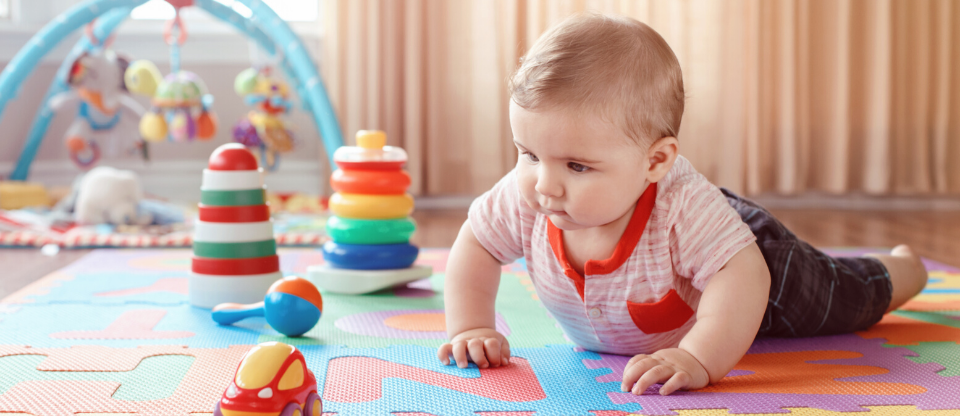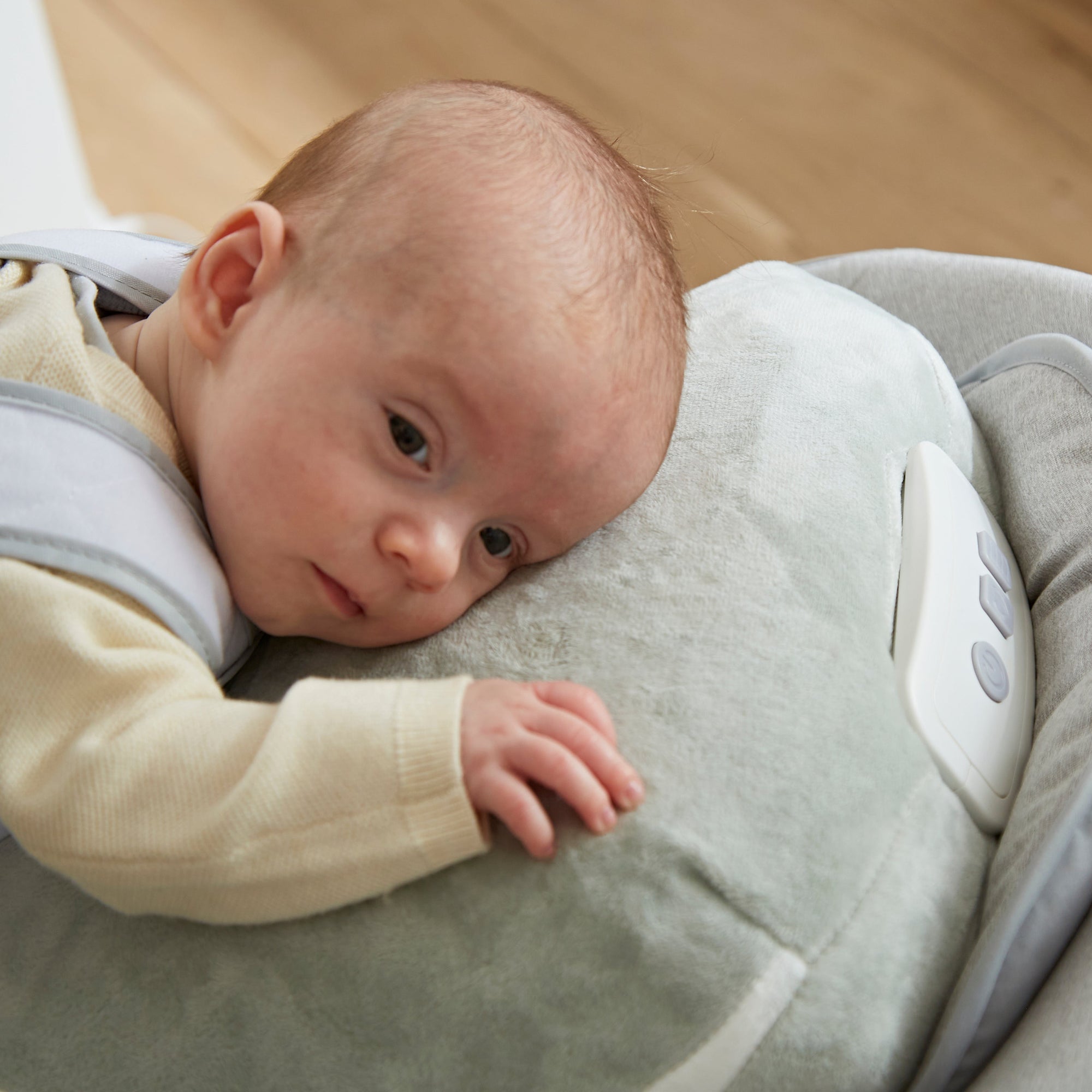When our babies are born, all we hope for is that they will be healthy and happy. But it’s also true that in the back of our mind we wonder how smart they’re going to be when they grow up. While there are many factors that’ll contribute to your son or daughter’s intelligence later in life, there are often some signs present when they’re younger. In this blog, we’ll take a look at baby intelligence, what you should look for, how you can test their intelligence, and what you can do to push it in the right direction. Who knows, your little bundle of joy might just be the next Albert Einstein!
What to look for...
It’s not as if your baby will be able to demonstrate their intelligence by working out long division or talking through their theories of the universe :) but there are a few shared characteristics among high-flying people that could be present in your child. Studies have shown that there’s a link between the size of a person’s head and their IQ level, so if your baby has a slightly bigger head than the average head, then that could indicate great things for the future! Some children with high IQs have been exposed to multiple languages from a young age. By the time your child is a few years old, the signs of intelligence will be easier to spot -- for example, if they’re able to paint a person that looks like a person, this can be a sign that they’re pretty smart!
Setting tests
So far, we’ve taken a look at a few signs that show a baby could be smart, but wouldn’t it be nice to know for sure? There are some tests that you can set for your child that’ll reveal things even further. If your child is older than two, then they can take a professional test. There are two: the Wechsler Intelligence Test for Children and the Stanford Binet. However, these tests do measure certain levels of intelligence more than others, so a low score doesn’t necessarily indicate that they won’t become a prodigy in another field. If your child is still a baby, then you can get them to take the Fisher-Price IQ Test. This is more about how they respond during playtime and other behavioral actions, and can give an insight into how they’re doing at that point in their short life.
How you can help
You can nudge things in the right direction by creating a home that fosters creativity and intelligence. If there’s art and books all around, and your child can stretch their imagination through playtime, then you’ll be helping them to become their most intelligent selves.
You’ll have a million and one things to do with your baby, but it’s worthwhile looking into their intelligence since it can show you where or if they could do with additional help in their education and learning.


